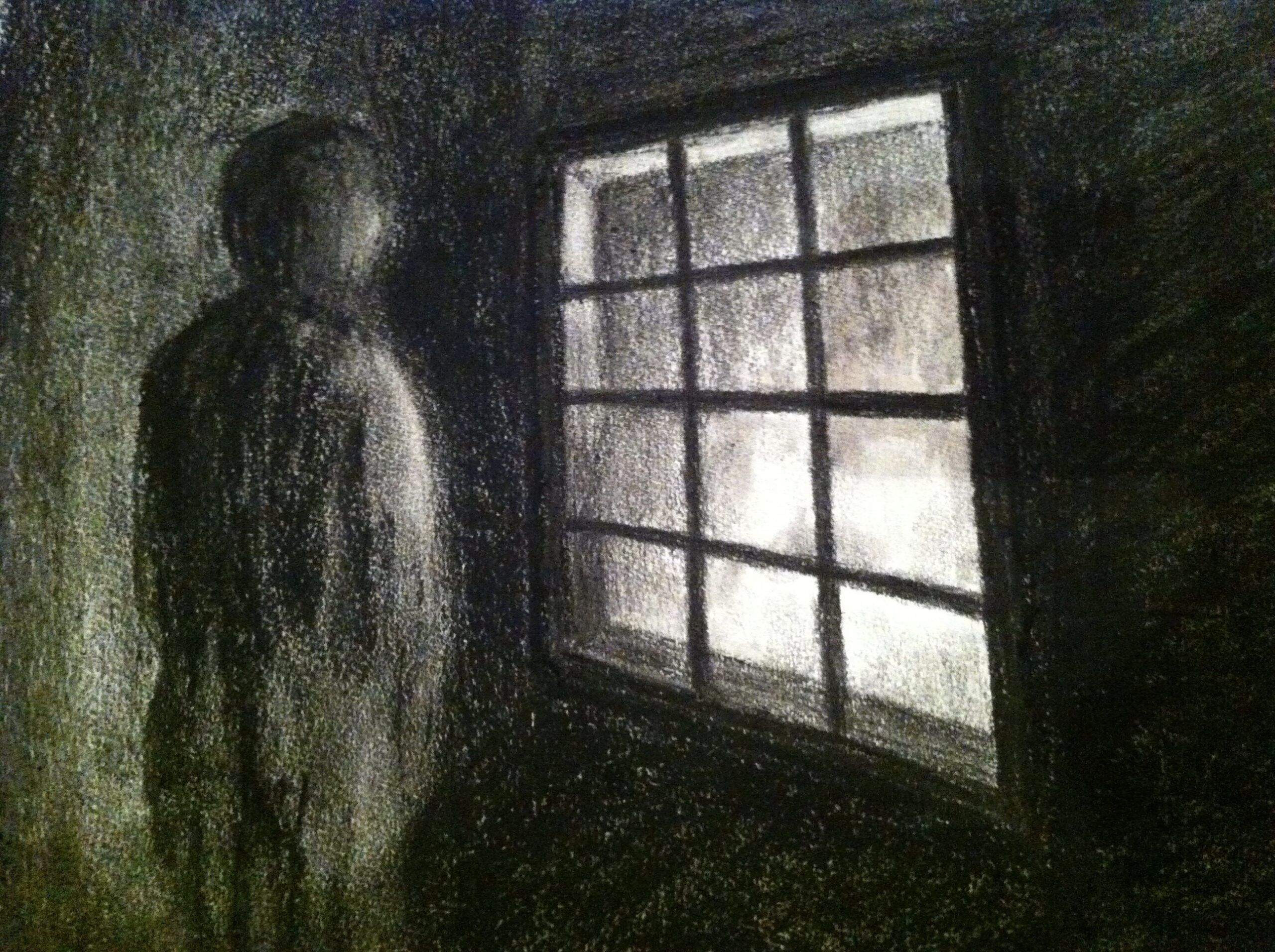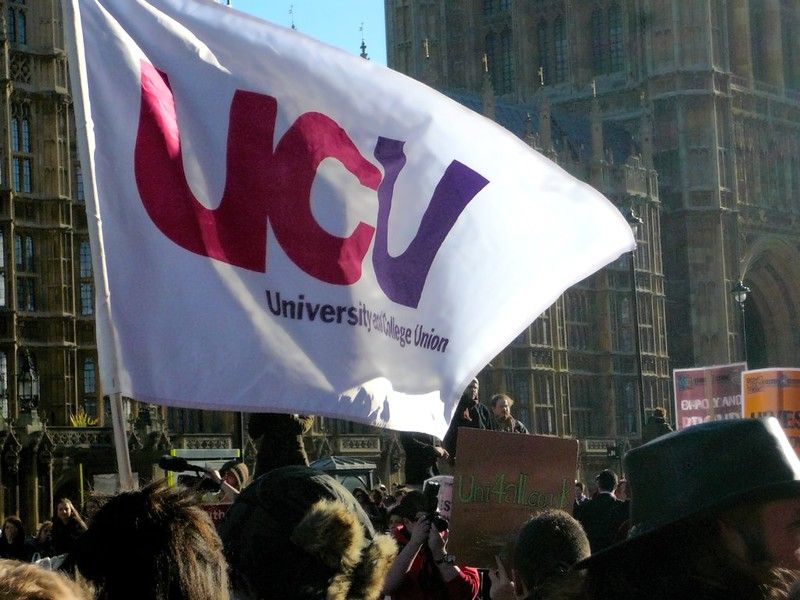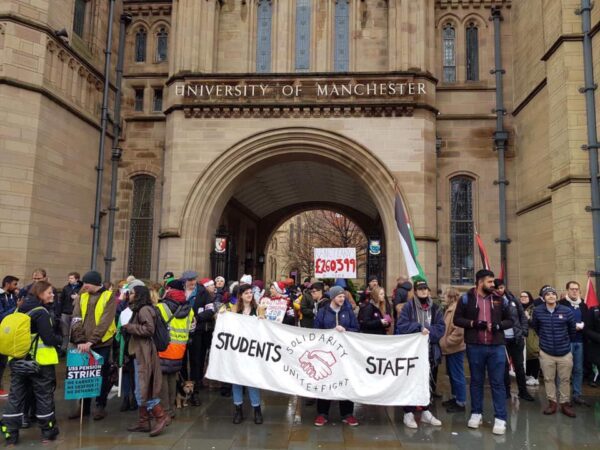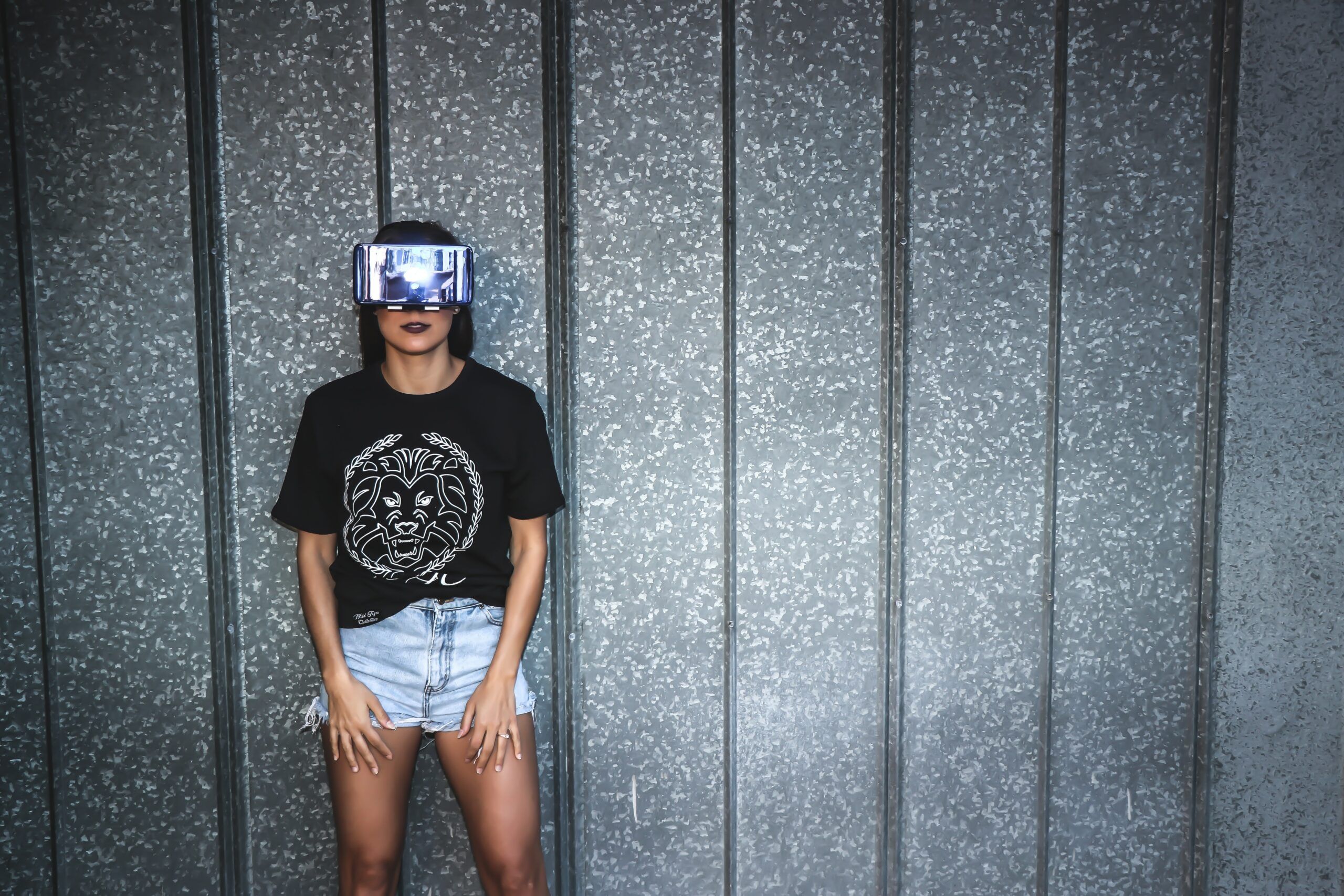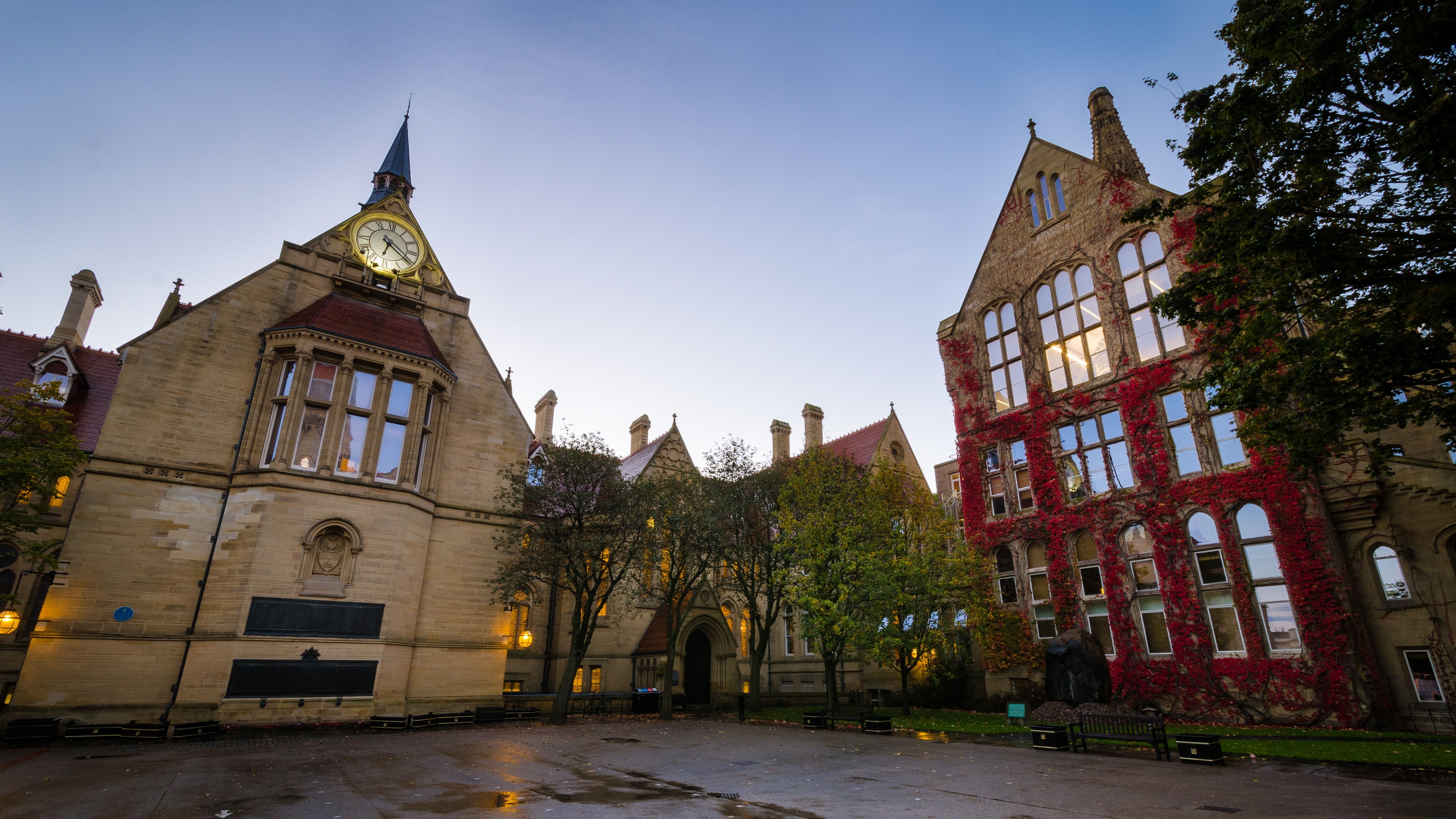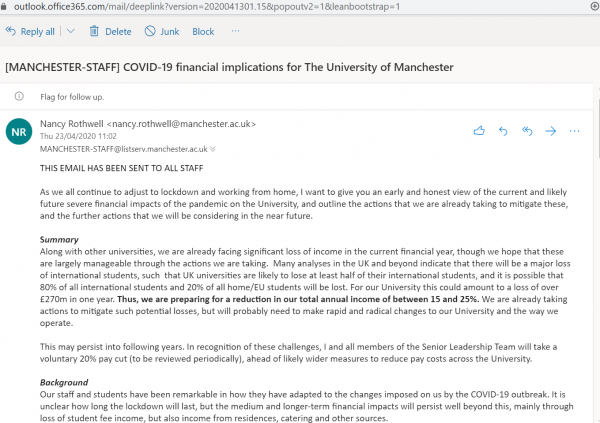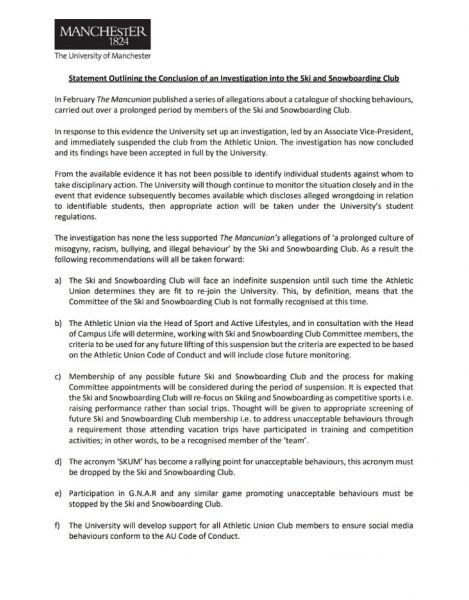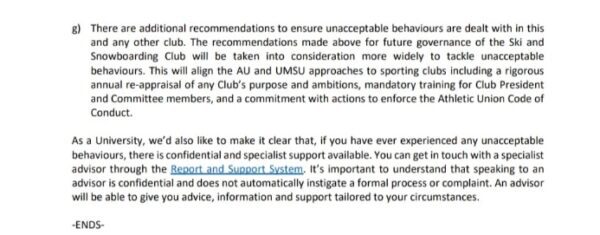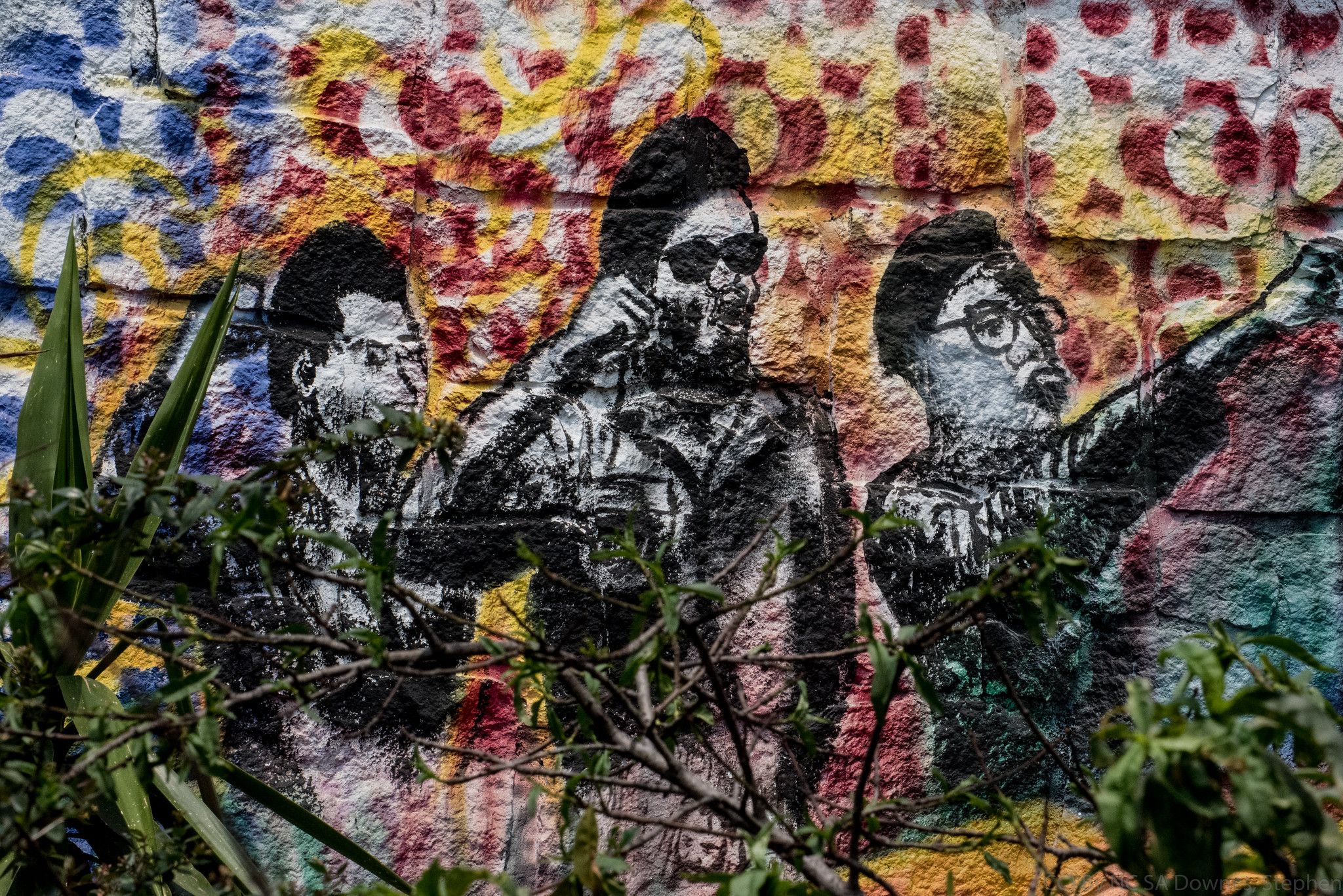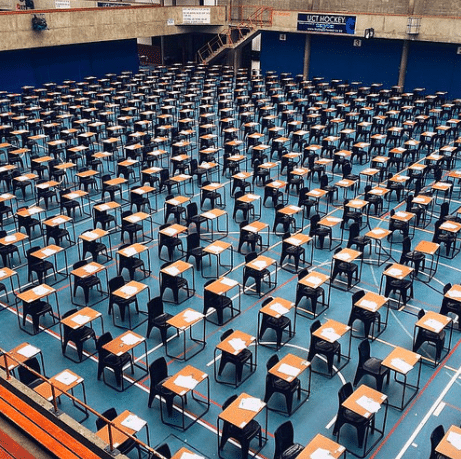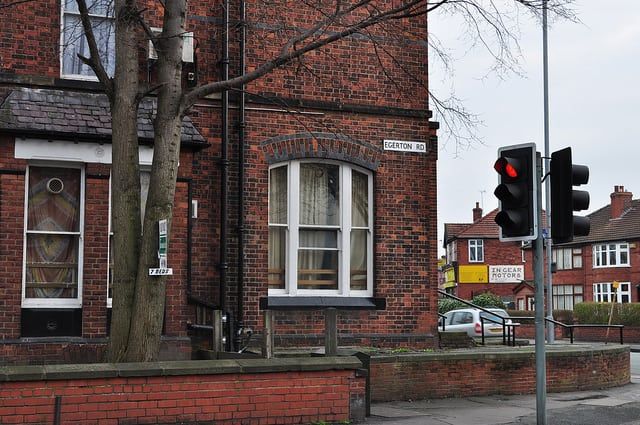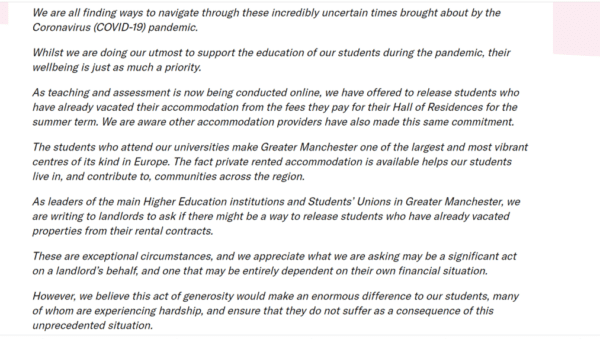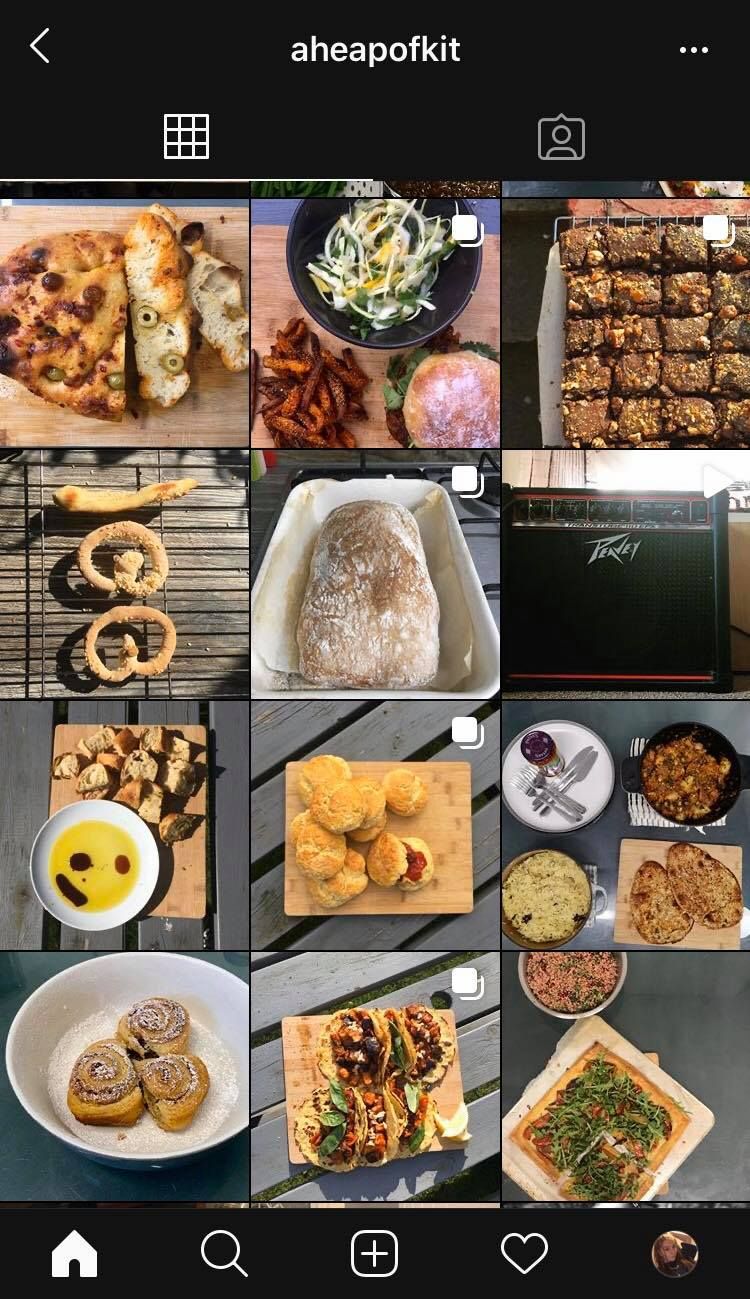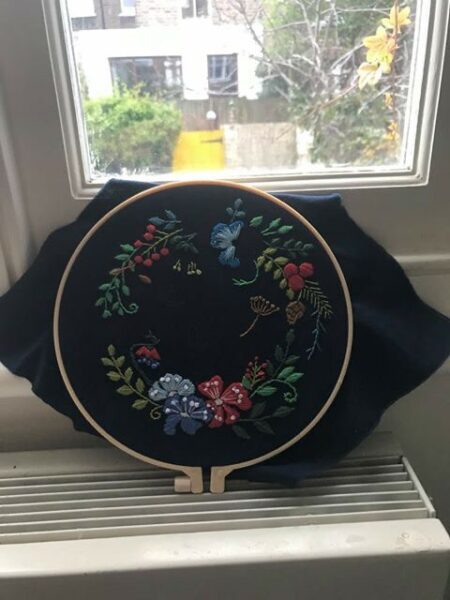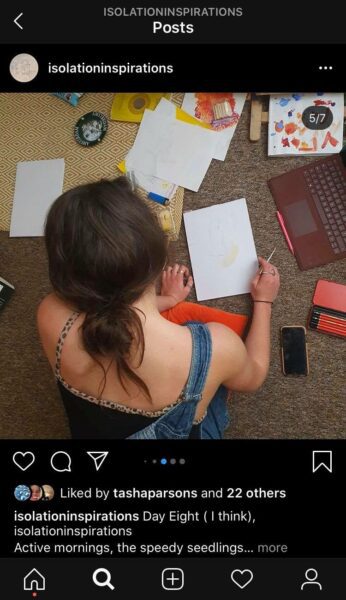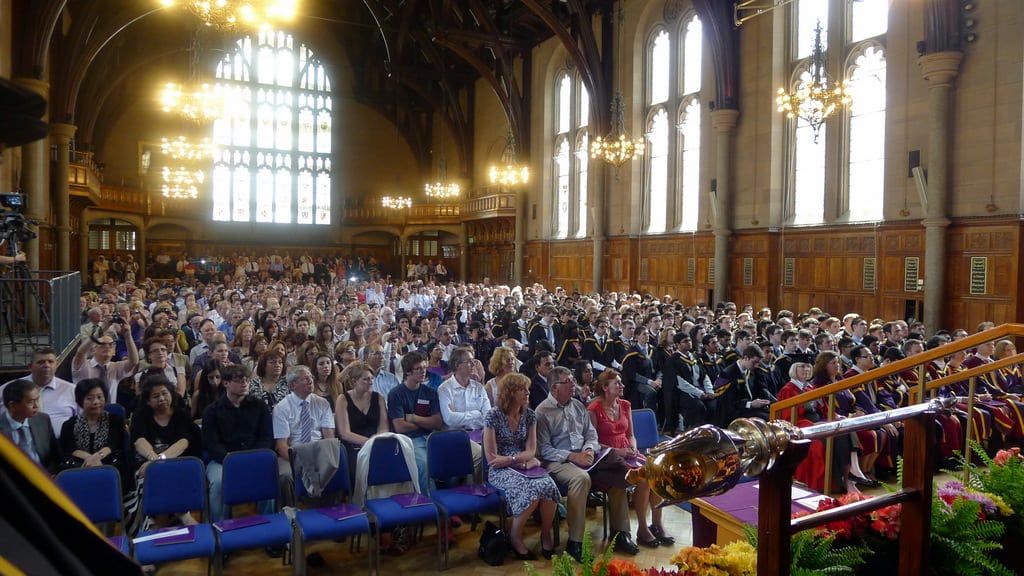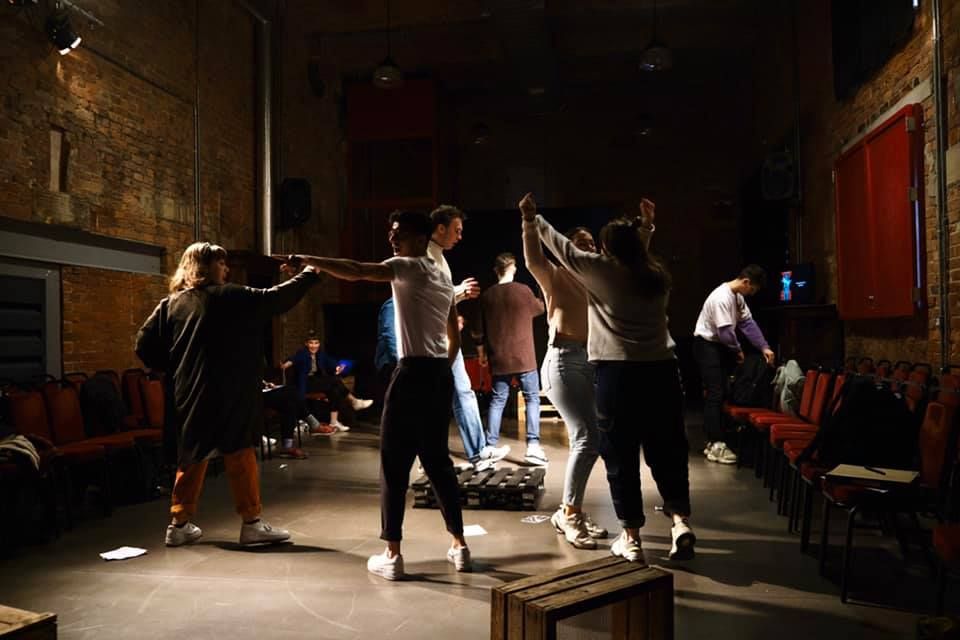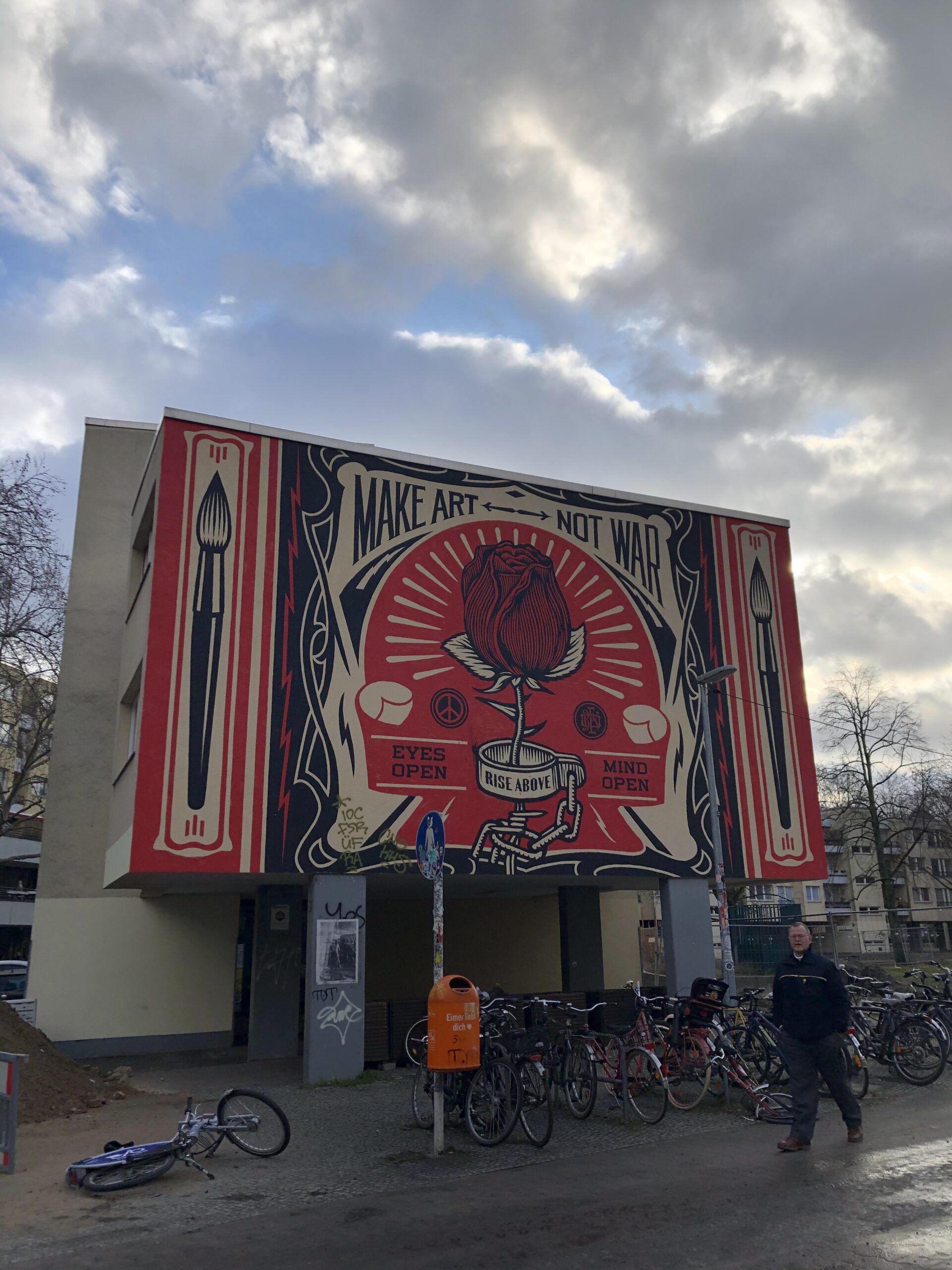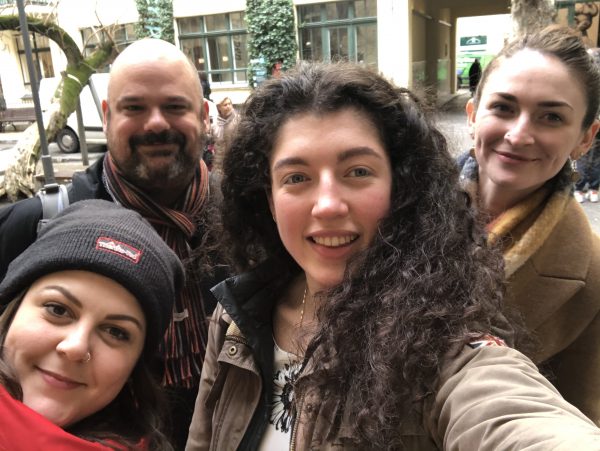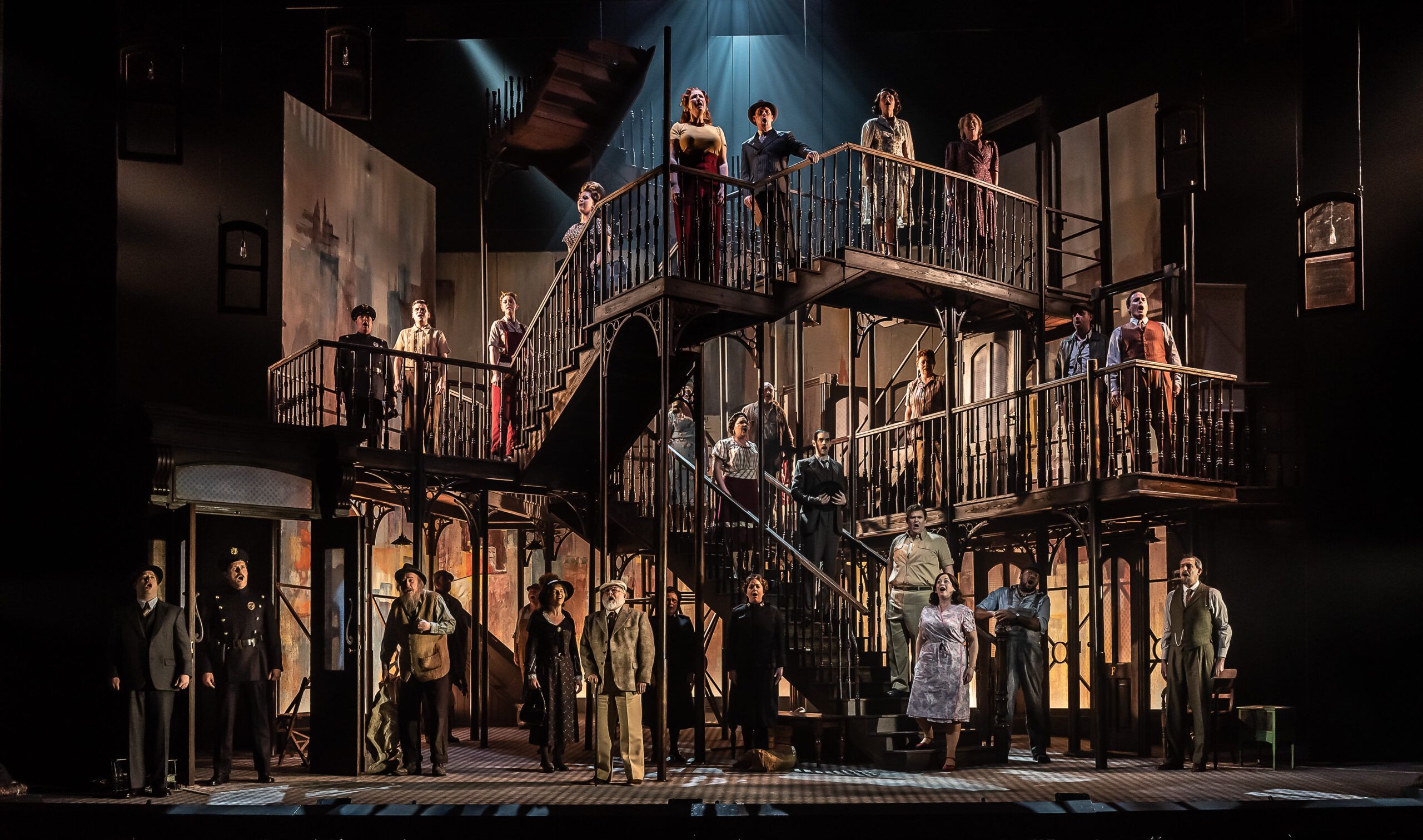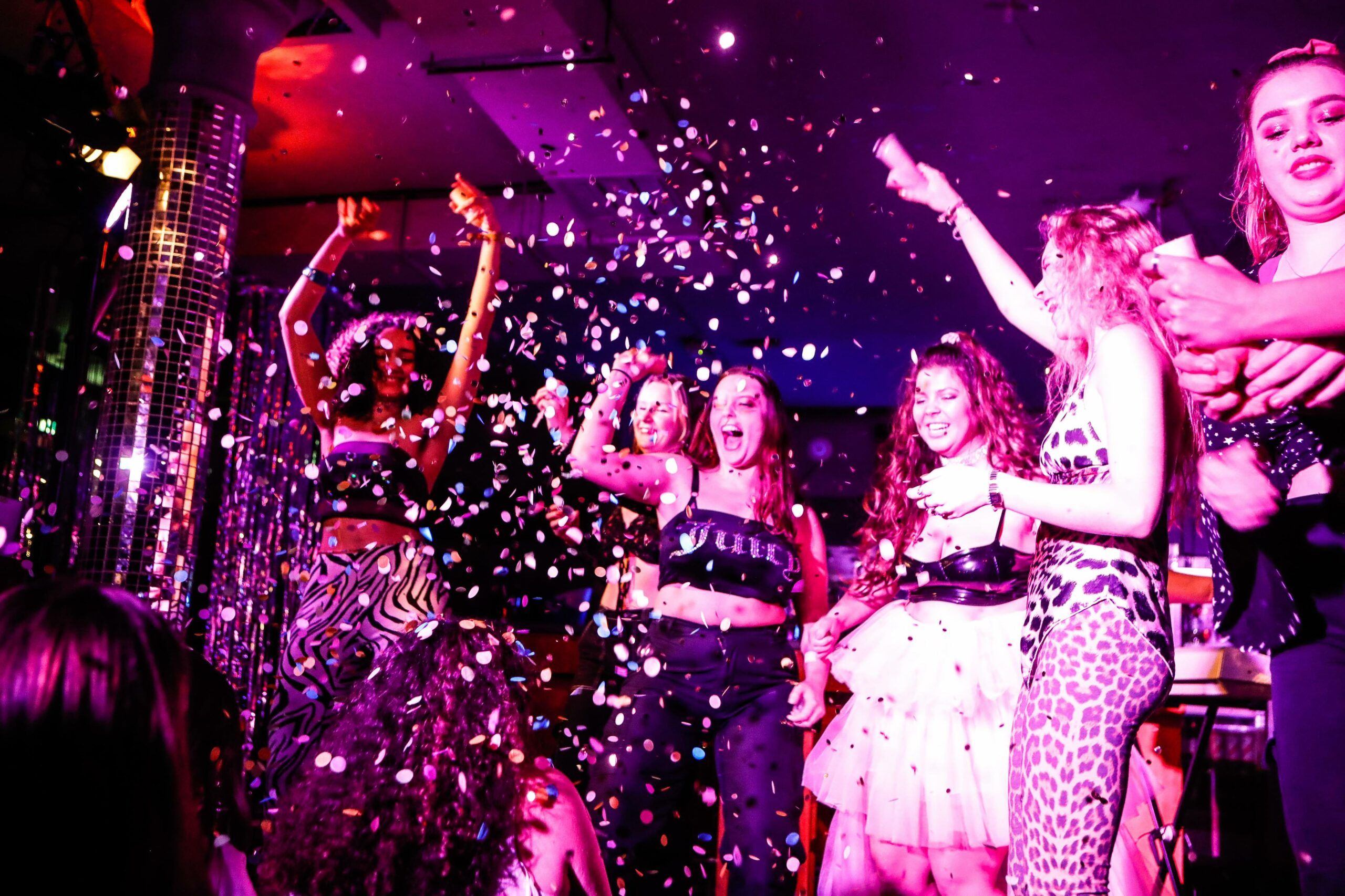Due to recent events, we have all become suddenly ‘unbusy’ and something is needed to pass the abundance of time that has fallen into our laps.
Bearing this in mind, The Mancunion presents to the top 20 British films and television shows currently available. Togehter we will get through this hard time accompanied by some first class televisual and filmic entertainment.
20: The Trip
This semi-improvised, semi-true series stars Steve Coogan and Rob Brydon as fictionalised versions of themselves. The Trip sees them working their way through the North of England, Italy, Spain and most recently, Greece. The premise is simple – the duo travel from restaurant to restaurant, eating food and writing reviews.
This is nothing more than an excuse for two of the greatest comic minds of our generation to sit down together and riff. The humour is never overstated but also never anything less than hilarious. Episode 5 of series 2 is a personal favourite.
The first two series of The Trip can be found on Netflix. The latter two can be found on Now TV.
19: The Royle Family
If you are looking for well observed, subtle and heart-breaking comedy, look no further. For the most part, The Royle Family is set in the front room of Jim and Baber Royle as their family comes around for a television tee. Nothing happens, but everything is said. This is a lovely show that cannot be recommended highly enough.
All three series (and some of the Christmas specials) are available on Netflix.
18: Peep Show
This POV sitcom stars David Mitchell and Robert Webb in their first major television vehicle. Over a staggering 12 year run there is little change in the lives of Mark and Jeremy save weddings, divorces, funerals, the 2008 financial crash, parenthood, love, lust, loss and the burning of a dog called ‘Mummy’.
This show is ‘unwitting catchphrase galore’, elements of which will soon enter your vernacular. With around 27 hours worth of Peep Show, this one will keep you busy.
All episodes are available on Netflix and All 4.
17: The Look of Love
The first film on our list — and the second appearance for one Mr S. Coogan — sees him star as one-time Britain’s Richest man and Porn Baron, Paul Raymond. This is a fascinating depiction of Soho in the latter half of the 20th century, refracted through one man’s extraordinarily empty and debauched life. Although the film does not interrogate the ethics of the inherently sexist porn industry, it is none-the-less a fascinating and very well-made film.
The Look of Love is available to rent on Amazon Prime.
16: White Gold
One of the more contemporary offerings on our list. In many ways an Inbetweeners reunion, with a cast that includes James Buckley and Joe Thomas. However with the style, characters and situation it ultimately transcends the famous comedy common denominator between its writer and two of its stars.
Ed Westwick stars as the anti-hero, creating the Gossip Girl meets Inbetweeners mashup you didn’t know you needed. The premise is as old as time (or at least as old as Only Fools and Horses); a ‘businessman’ with questionable ethics tries to make a fast buck. A very entertaining watch.
White Gold is available on Netflix.
15: Bill
This comic retelling of the life of William Shakespeare comes from the cast and writers of Horrible Histories (the original and best cast). It is a fantastically funny film for all the family and comes highly recommended (by me).
Available on Amazon Prime.
14: Man Like Mobeen
One of BBC Three’s biggest hits of recent years. This follows three youths in Birmingham as they try to shoulder the responsibilities of the world from within a marginalised social group. Subtly political and overtly funny.
Available on BBC iPlayer.
13: Harry and Paul’s Story of the Twos
A one-off spoof documentary about the history of BBC 2, written by and starring comedy legends Paul Whitehouse and Harry Enfield. Not only does it parody some of the BBC’s biggest names, it also includes many nods to Harry and Paul’s back catalogue.
Sadly, it is not featured on any well-known streaming platforms but it is available to order on DVD (and perhaps online).
12: Blackadder
The legendary comedy classic was written by Richard Curtis and Ben Elton and stars (amongst others) Rowan Atkinson, Tony Robinson, Miranda Richardson, Stephen Fry, and Hugh Laurie. This historical sitcom is famed for its outstanding performances, first class writing, and unique comic and literary style. It might however be wise to ignore series 1.
Available on Netflix.
11: Phoenix Nights
The breakout project for Peter Kay and Paddy McGuinness, this critically acclaimed series shows everyday life at a working men’s club in Bolton. Its cast is populated by the very best of the late 90s Manchester comedy circuit. A laugh out loud and well observed depiction of Clubland. Everything we love about Peter Kay in a story driven sitcom.
Available on DVD (and perhaps online).
10: James May’s Toy Stories
Perhaps a slightly left field choice. This series sees James May attempt amazing feats of engineering, only using children’s toys. For example, a full-sized house made entirely from Lego, a life size Airfix Spitfire, and the world’s longest model railway. This is a fantastically interesting and entertaining watch which will bring back many childhood memories. May himself is extremely underrated as a documentary maker. His new Japan series on Amazon is also well worth a watch.
Available on Amazon Prime.
9: Inside No.9
Currently airing its 5th series, this dark comedy sees former League of Gentlemen gentlemen Reece Sheersmith and Steve Pemberton team up with a range of guest stars in short stand-alone stories.
Each week sees a completely different set of characters in dramatically different situations, all of which take place behind the Number 9. Everyone will have their favourite episodes. Mine is Series 4, Episode 2; “Inside Bernie Clifton’s Dressing Room”.
Available on BBC iPlayer and Netflix.
8: The Full Monty
This Comic Film is set in Sheffield and tracks a single father as he attempts to make money by becoming a male stripper. It follows themes of masculinity, body image, deprivation, and changing social trends. An uplifting and hilarious watch. One of the British film industry’s biggest hits.
Available on Amazon.
7: Shooting Stars: The Inside Story
Another Spoof documentary, this time about the Vic and Bob’s Surreal Celebrity Showbiz Quiz: Shooting Stars. If you are unfamiliar with Vic Reeves and Bob Mortimer, this is the perfect starting point. This show sees a mixture of real interviews with former guests and fictionalised interviews with Vic and Bob playing Celebrities and Crew of the show. It also features clips from the very best of Shooting Stars’ Original Run. Pure mindless silliness; perfect for the current times.
Available on YouTube.
6: 24-Hour Party People
A third but by no means last appearance by Coogan. This Biopic about the Manchester legend Tony Wilson could be described as ‘warts and all’. Wilson discovered and managed everyone from Joy Division to the Happy Mondays. He was also a Reporter on Granada TV and the Proprietor of legendary night club ‘The Hacienda’.
His record label ‘Factory Records’ was in the building which now houses FAC251, and Wilson’s picture hangs next to the front door to this day. An absolutely fascinating film. A must see for any music lover.
Available on Amazon.
5: The Thick of It
Political satire from the bairn of Armando Iannucci. This show walks the corridors of power, showing incompetence, backstabbing and spin. The Thick of It was made as the political landscape of Britain changed for ever, making it an enlightening and funny insight.
Available on Netflix.
4: Monty Python’s Life of Brian
This is one of the greatest films of all time. An absolute classic, it interrogates the idea of religion in a fantastically controversial way. It is perfectly accompanied by the documentary The Secret Life of Brian which charts the making, funding and original reception of the film and really brings home just how ground-breaking it was. An absolute must see.
The film is available on Netflix, the documentary is available on YouTube.
TOP 3:
3: Life on Mars
My favourite Drama series. This show charts contemporary Manchester Policeman, Sam Tyler, as he wakes up in 1973. Has he time travelled? Has he gone mad? Is he in a coma? All is revealed in this fiercely unique brilliantly crafted TV masterpiece. It has one of the best and most appropriate endings I have ever seen.
Available on BBC iPlayer.
2: Damned
This deadpan comedy tracks everyday life in an underfunded and over-stretched Social Services office. It stars Jo Brand, Alan Davis, Issy Suttie and Kevin Eldon. It is moving and through provoking without ever forgetting to be laugh-out-loud funny. Perfectly accompanied by Brand’s other sitcom Getting On, which is set in the NHS. Just like Life on Mars, masterpiece is an apt description for this show.
Available on All 4.
1: Everything Partridge
AHA! Where would be without Alan Partridge. What an amazing 26 years it has been since this comic legend first walked onto our screens. Everything he has ever done has been absolute comic perfection. If you need a new obsession, look no further.
No description I can give will do justice to this middle aged, middle class, middle England Disk Jockey of a certain age. Whether it be Knowing me Knowing you, two series of I’m Alan Partridge, Midmorning Matters, Scissored isle, Welcome to the Places of my Life, Alpha Papa, or This Time, you will see that there is an Alan in us all.
Available across Netflix, BBC iPlayer and Now TV.
Happy viewing.
